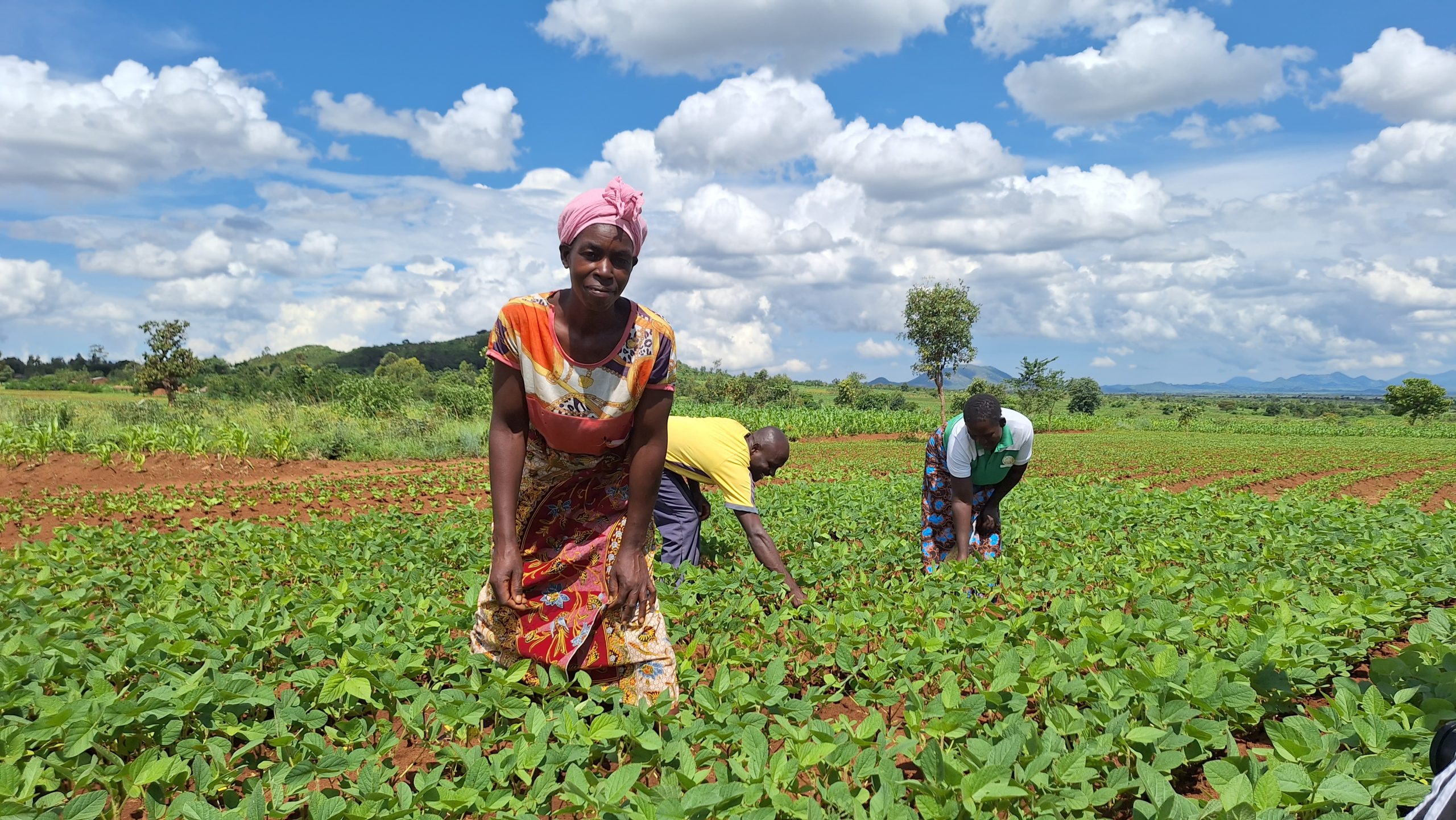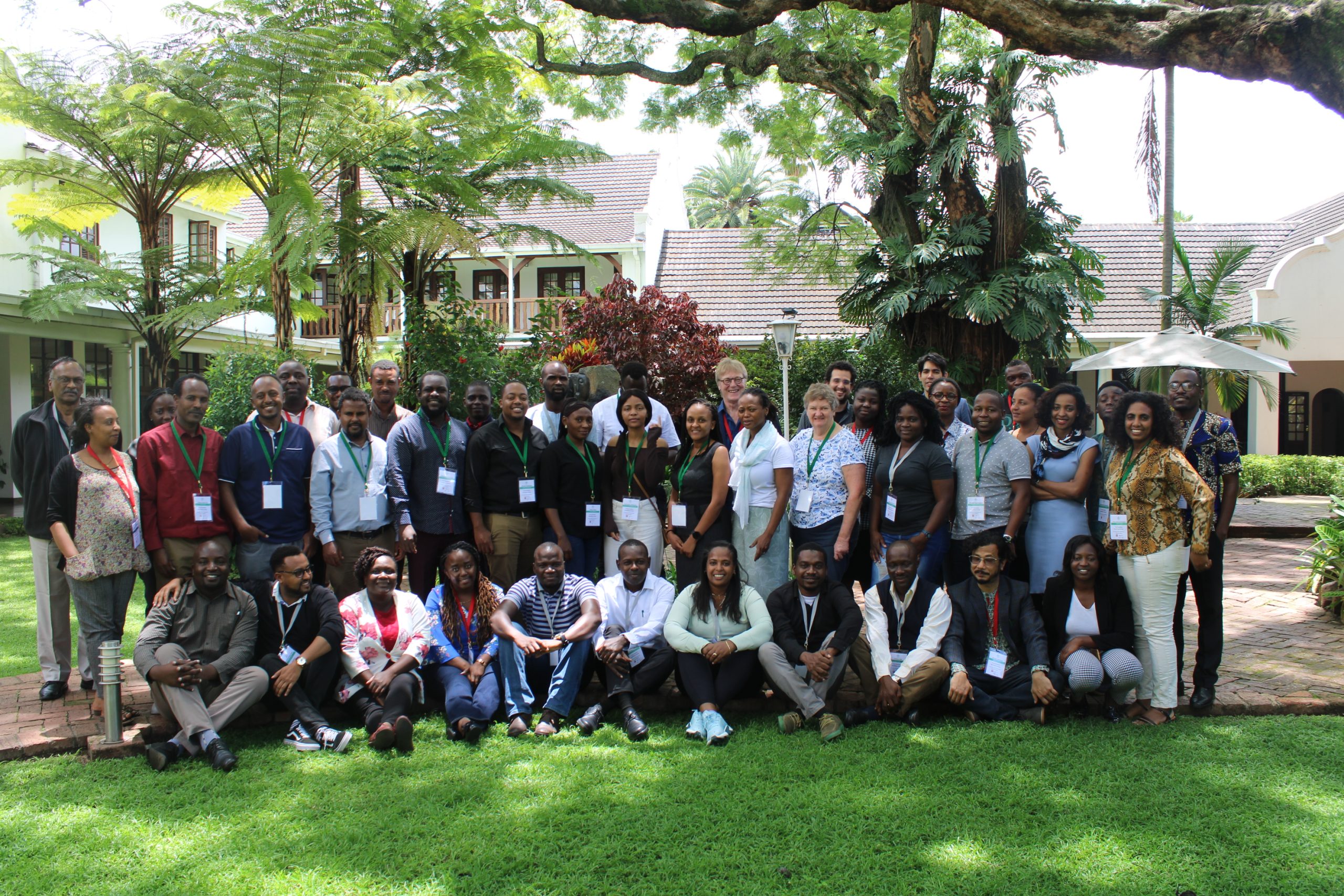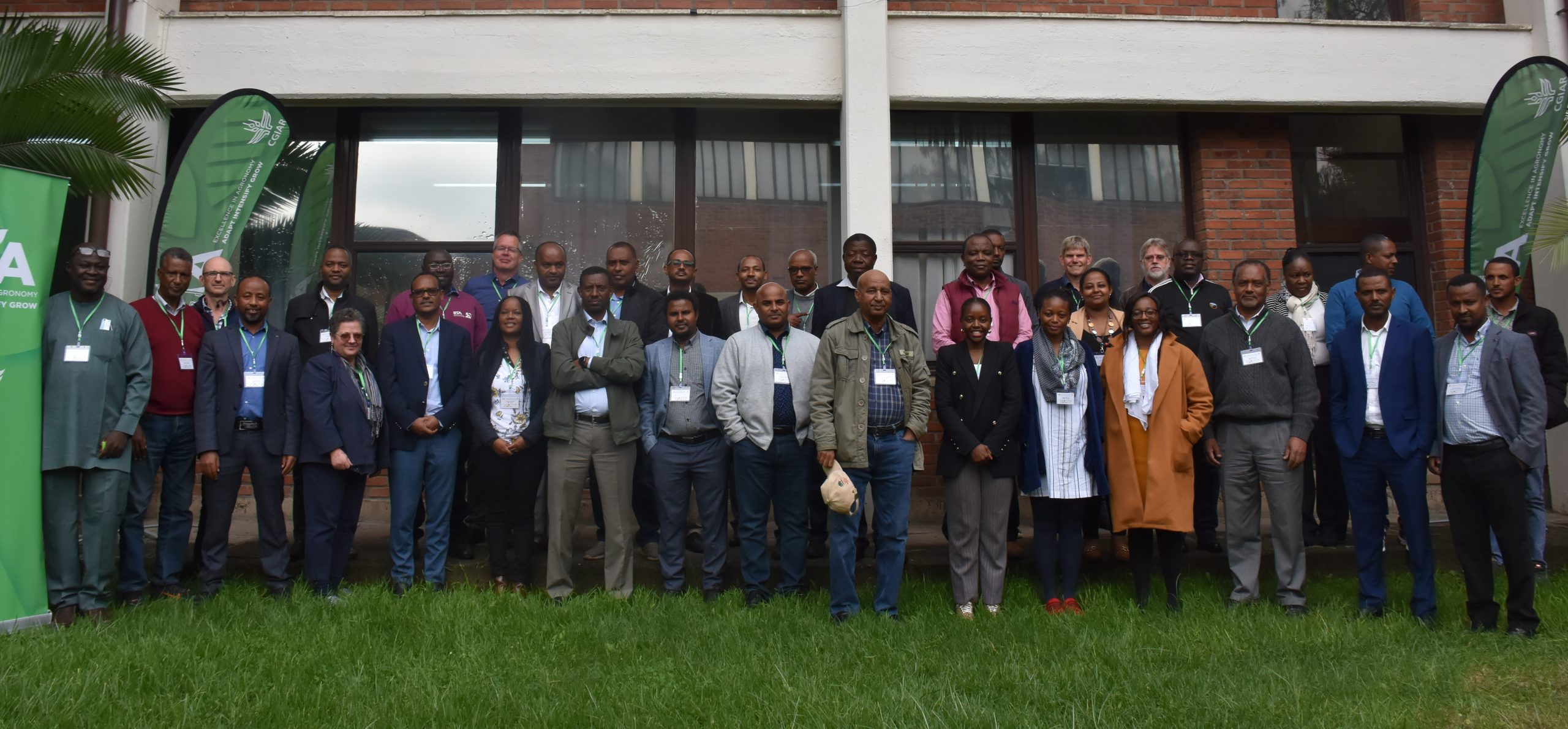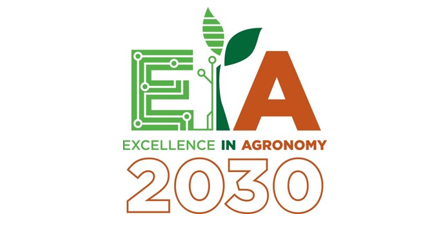Smallholdings represent over 80% of the world’s farms, mostly located in the Global South, and supply 50% of global food. Enhanced agronomy management has a great potential to increase productivity, sustainability, efficiency and competitiveness of these smallholdings, which is characterized by low and variable yields and profitability, smallholder farming challenges include water scarcity, climate change, low resource use efficiencies and declining soil health. These result in negative impacts on food and nutrition security, equitable livelihoods and ecosystem health.
Smallholder farmers seasonally make critical agronomic decisions regarding crop choice, planting dates and pest, disease, weed, soil fertility and water management, often based on suboptimal practices and information. Traditional agronomic research enhances our understanding of basic processes, but with limited connection to stakeholder demand and often based on outdated approaches. The development, deployment and uptake of interventions is hampered by social, economic and institutional constraints, further confounded by adherence to conventional supply-driven innovation strategies.
Objective
This Initiative aims to deliver an increase in productivity and quality per unit of input (agronomic gain) for millions of smallholder farming households in prioritized farming systems by 2030, with an emphasis on women and young farmers, showing a measurable impact on food and nutrition security, income, resource use, soil health, climate resilience and climate change mitigation.
Activities
This objective will be achieved through:
- Facilitating the delivery of agronomy-at-scale solutions, including development and technical/user-experience validation and the co-creation and deployment of gender- and youth-responsive solutions to smallholder farmers via scaling partners.
- Enabling the creation of value from big data and advanced analytics through the assembly and governance of data and tools; application of existing analytics and solutions for specific use cases; supply of information on climate impacts, inclusivity and sustainability of agronomic solutions; and national agricultural research system capacity strengthening.
- Driving the next generation of agronomy-at-scale innovations by addressing key knowledge gaps and facilitating innovation in agronomy research through engagement with partners.
- Nurturing internal efficiencies for an agile and demand-driven agronomy research and development community through internal organization and external partnerships for prioritization, demand mapping and foresight.

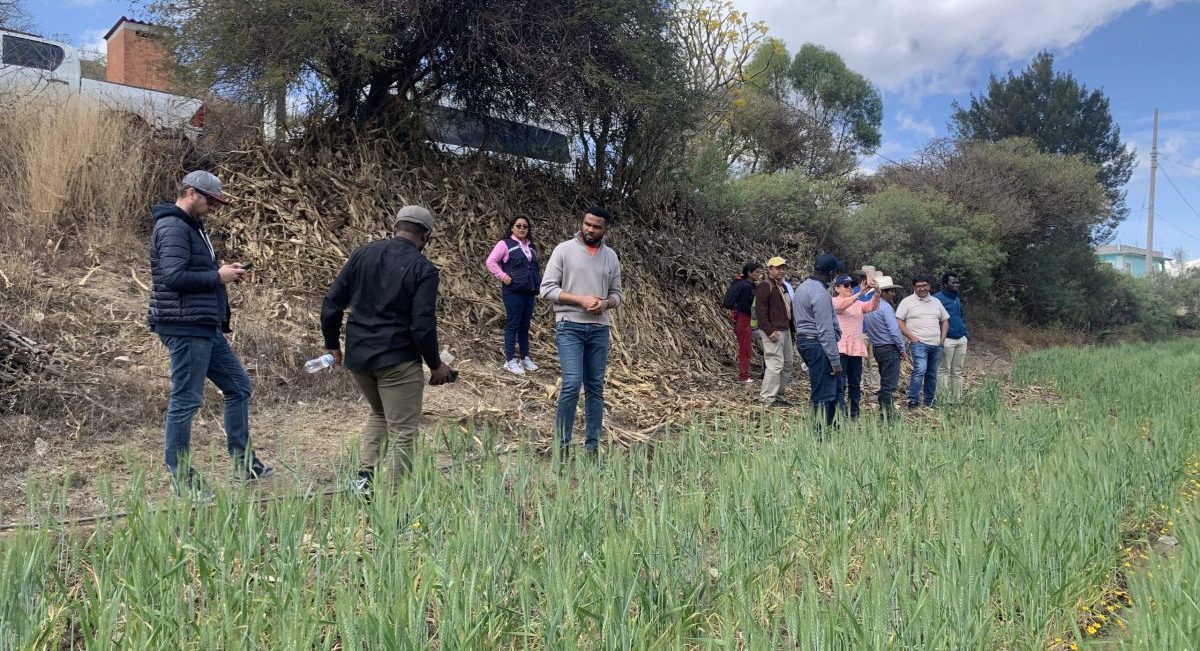
 Capacity development
Capacity development 
